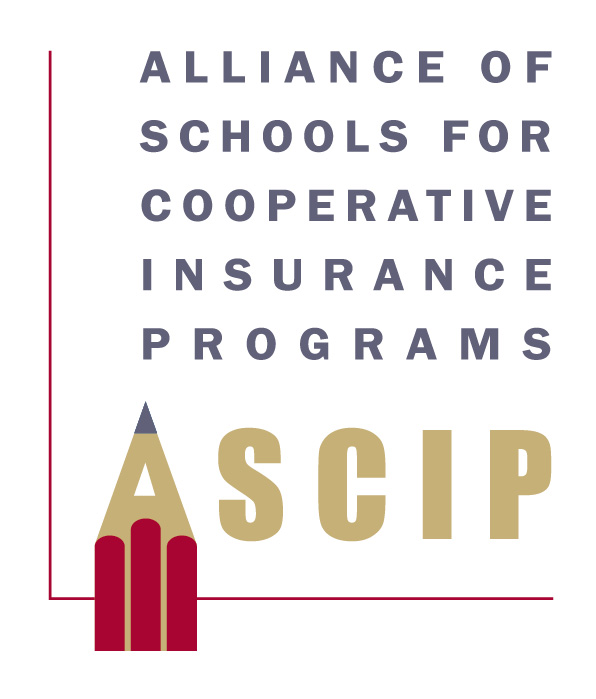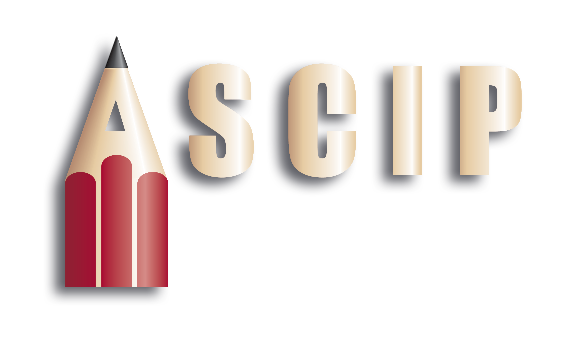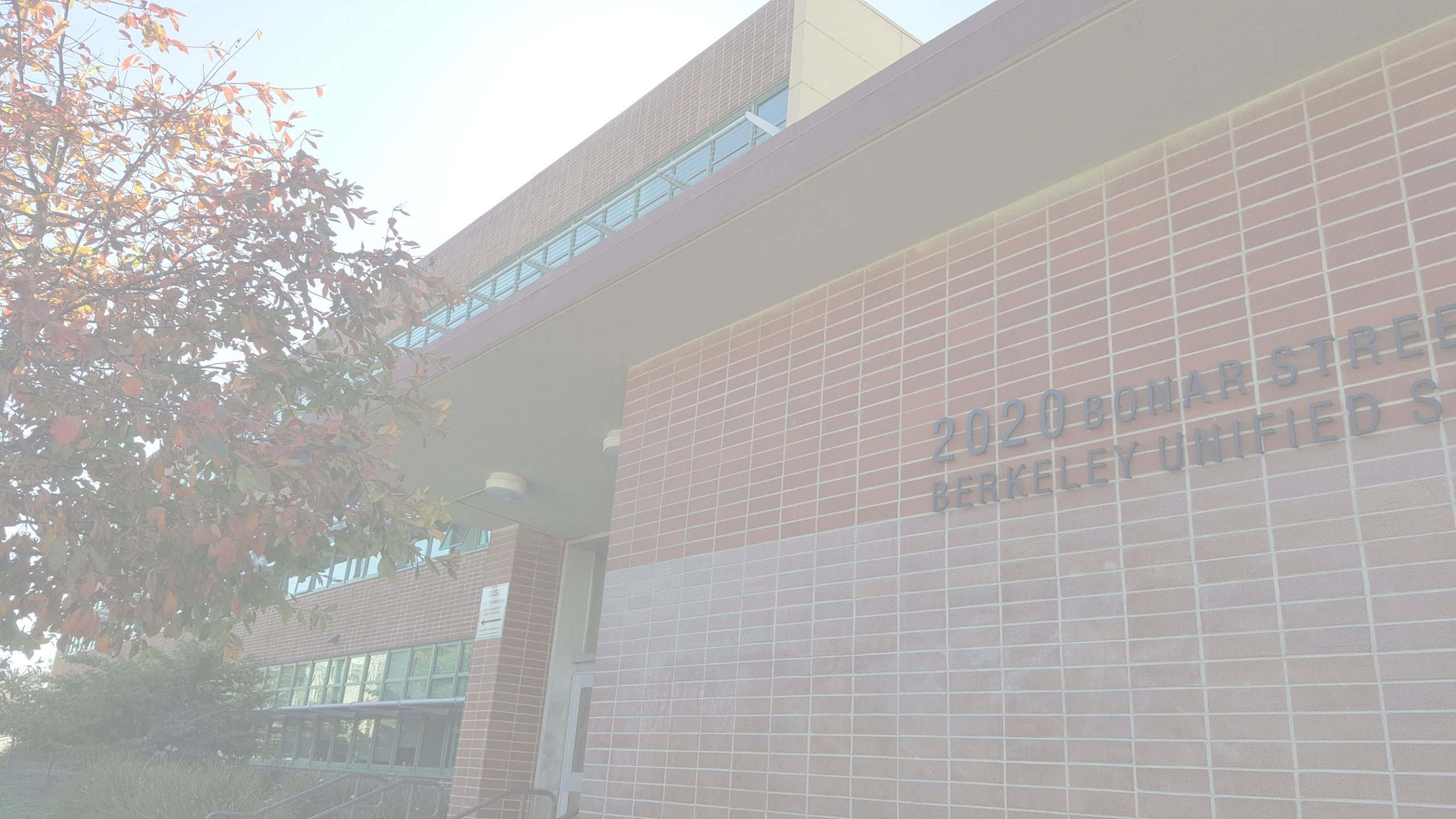
With the rapidly-evolving developments surrounding the arrival of Coronavirus (COVID-19) in California, the format of the ASCIP Annual Membership Meeting was changed to a Web-Ex presentation for supporting efforts to keep our community safe. ASCIP thanks its members for the support, positive comments and understanding in this change in format this year. Our webinar focused only on the essential information for our members – ASCIP’s financial health, overview of the property and casualty markets, the coverage enhancements, program rates, and recognition of two members for their outstanding efforts to mitigate losses.Jeff Grubbs, COO/CFO for ASCIP shared the strong financial condition of ASCIP with over $200 million in net assets as of June 30, 2019, as shown in the latest Annual Report.
The Annual Report is posted here under News and Updates in the About tab and was mailed to the membership. Jeff also shared that dividends have been approved by the Executive Committee in the workers’ compensation and health benefits programs again this year.
John Chino from A.J. Gallagher provided “The West Is Burning and Other Bad News….Part II” stating that both the property and liability markets are “Hard” characterized by decreased limits, increased retentions and sky high premiums. In some cases, there is no coverage at all. These changes are not only due to the catastrophic wildfires and increased property claims, but also due to social inflation which is generally defined as the increase in insurance costs due to rising litigation, larger jury verdicts and overarching anti-corporate sentiment in the economy.
Fritz Heirich, ASCIP’s CEO provided an overview of the MOC enhancements. The Property MOC has led to confusion for members, so the MOC will clarify that property claims need to have repairs started or completed within two years. Other clarifications include Builders’ Risk – projects must be enrolled and higher limits available if needed; and Code Upgrades – only for damaged property, with undamaged property having sub-limits. Liability Coverage costs continue to rise due to the social inflation addressed by Chino, and now with the passage of AB 218, the ability to effectively trend and predict future child sexual assault claims (CSA) is nearly impossible. CSA claims currently make up about 40-50% of ASCIP’s expected liability losses. Therefore, to address these challenges and to maintain ASCIP’s strong financial position, effective July 1, 2020, CSA claims will be provided on a “Claims-Made” basis, will be outlined separately in the MOC, and will have a separate rate. CSA limits and deductibles will not change. All other liability claims will continue to be provided on an “Occurrence” basis. With this change, members must notify ASCIP of any CSA allegations whether it be from a claim or lawsuit, arrest or criminal charges, some type of district investigation, disciplinary action or report to Teacher Credentialing Commission. ASCIP will be providing more information and training to members to help them understand the changes and more importantly, how together we can help to prevent these types of claims.
Global renewal rates for 2020-21 were then provided by the ASCIP program’s leadership. Dan Sanger started with Health Benefits. It is too early to predict the Kaiser and UnitedHealthcare renewals and specific changes, but the estimated ranges for each of the other programs are: Delta Dental and VSP PPOs from -3% to 2%, Voya Life – 0%, and the self-funded Anthem plans from 2% to 6.5%. Nidra Kumaradas then shared that due to the strong partnership, dedication and shared values between ASCIP and its workers’ compensation (WC) members, the program continues to exceed expectations with rates for next year coming down and being the lowest in the program history. One change occurring with this renewal is recognizing the unique differences in WC exposures between the CCD, Charter Schools and K-8/K-12 members. The WC program will now have three separate rates for these member categories. Fritz then reviewed the P&L rate changes. The property coverage will increase by 18%, mostly due to increased market pressure discussed by Chino, but also due to the number of large property claims experienced by members. Fritz then shared that if the CSA claims had not been reviewed separately and changed to Claims Made, the liability coverage renewal would have been 30%. However, due to the change in how CSA claims will be covered, the Liability increase will only be 5%.
Reshan Cooray ended the presentations by recognizing Pomona and Long Beach Unified School Districts with the Risk Management and Loss Control Awards. Reshan also announced that “you too can be a winner”. Eight additional members will be eligible for awards by utilizing ASCIP’s consulting services and our online learning management system, participating in ASCIP’s webinars and seminars, signing up for Embark for safer drivers, and using the HR Hotline.
Finally, ASCIP would like to recognize Carol Gerken from Manhattan Beach USD for the theme suggestion for ASCIP’s 2020 Vision Annual Membership Meeting. She will be rewarded for her suggestion. You can be rewarded, as well, if you select the winning theme for next year’s event. Please send suggestions to anderson@ascip.org.



